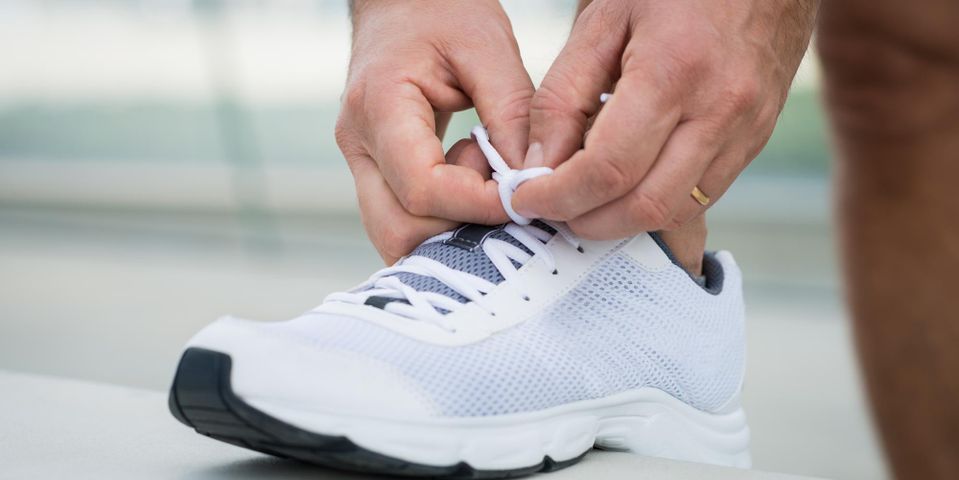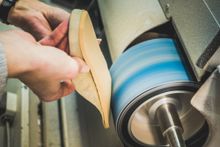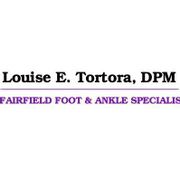
If you experience foot pain, your doctor might recommend custom orthotics for treatment. Placed in shoes, the devices redistribute pressure and correct joint alignment issues to help feet support weight when standing, improve mobility, and minimize discomfort. Leading up to the appointment with your podiatrist, you might have several questions about orthotics, so read the answers below to prepare.
Questions About Custom Orthotics Answered
What are orthotics made of?
Whether you need custom orthotics for daily use or strenuous exercise, deciding their usage goes a long way in determining what material is best. In addition to thermoplastics, which become soft when warm, polypropylene, subortholen polymers, and acrylic materials are also used as the base for custom orthotics. Weight and thickness of the material, and style of shoe are also considered when deciding the best option.
What does the process entail?
When a podiatrist prescribes custom orthotics, they will first examine foot mechanics and posture. From there, plaster molds are taken of feet. The casts are sent to a podiatric lab, where the orthotics are created. The devices are then fitted to the shoes. Posture is then re-evaluated while wearing custom orthotics. In addition to using the supports, a physician will also recommend stretches and additional exercises to alleviate foot fatigue and pain.
Are there different options available?
 There are two broad categories of custom orthotics: accommodative and functional. Typically made of semi-flexible graphite or plastic, functional supports are designed to limit atypical motion when walking and running. Less rigid than functional orthotics, accommodative devices cushion the foot to relieve pressure on sensitive areas.
There are two broad categories of custom orthotics: accommodative and functional. Typically made of semi-flexible graphite or plastic, functional supports are designed to limit atypical motion when walking and running. Less rigid than functional orthotics, accommodative devices cushion the foot to relieve pressure on sensitive areas.
What foot conditions can they help alleviate?
As the accessories take the pressure off certain areas, this can provide relief for people who experience painful sensations from calluses, bony protrusions, and ulcers. Wearing the supports can put off the need for surgery. It can also help correct poor alignment and relieve pain after surgery.
If you’re experiencing foot pain out of the ordinary, consider receiving custom orthotics to alleviate your discomfort. Louise E. Tortora, DPM will provide a thorough exam to determine whether you’re an ideal candidate for the shoe accessory. Based in Fairfield, CT, the foot doctor provides non-invasive solutions to correct Fairfield County residents’ foot and heel pain. With privileges at Bridgeport Hospital, she can also provide surgical treatment if needed. To schedule an appointment, call (203) 254-0093. Visit the practice online to browse their services.
About the Business
Have a question? Ask the experts!
Send your question

